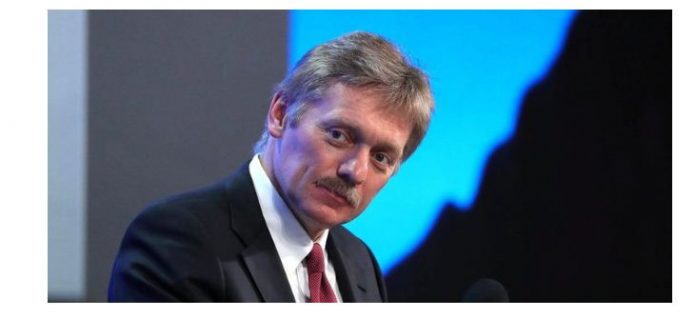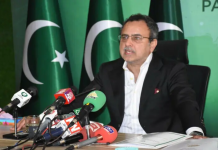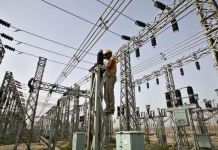Kremlin spokesman Dmitry Peskov slammed on Wednesday the new EU and US sanctions against Russia over the alleged poisoning of Russian opposition figure Alexey Navalny.
According to Peskov, the Kremlin sees new restrictions as “an interference in Russia’s internal affairs,” and considers the grounds for their introduction “absurd accusations.”
“They [sanctions] are nothing but interference in the internal affairs of Russia. In general, we can only express our regret that our opponents, in this case, resort to such methods, which have an absolutely destructive impact on bilateral relations.
“We consider any such restrictions absolutely unacceptable, because they significantly harm the relations that are already in a deplorable state, in this case, relations with the United States of America and relations with the European Union,” he said.
Peskov also pointed out that sanctions against law enforcement chiefs simply repeat the existing Russian legislation, prohibiting them from having accounts and property abroad.
“The American colleagues with a high degree of probability claim that poisoning allegedly took place and the [Russian] FSB [Federal Security Service] is behind the poisoning. This is outrageous. If the American colleagues have any concrete arguments, then, probably, in the interest of disclosing the circumstances, the American colleagues should share these arguments with us,” he added.
Peskov also promised that “the response will be whatever best suits Russia’s interests.”
The EU on Tuesday imposed sanctions against four Russian citizens in connection with the situation around Navalny — his alleged poisoning and further imprisonment.
The US, following the EU, announced the introduction of sanctions against 14 organizations and seven individuals, as well as export and visa restrictions.
A Moscow court upheld the Navalny decision Saturday, sentencing him to two years and eight months for violating parole.
He was arrested in Moscow upon his return in January from Germany where he had received treatment after the alleged poisoning by Russian agents.
















